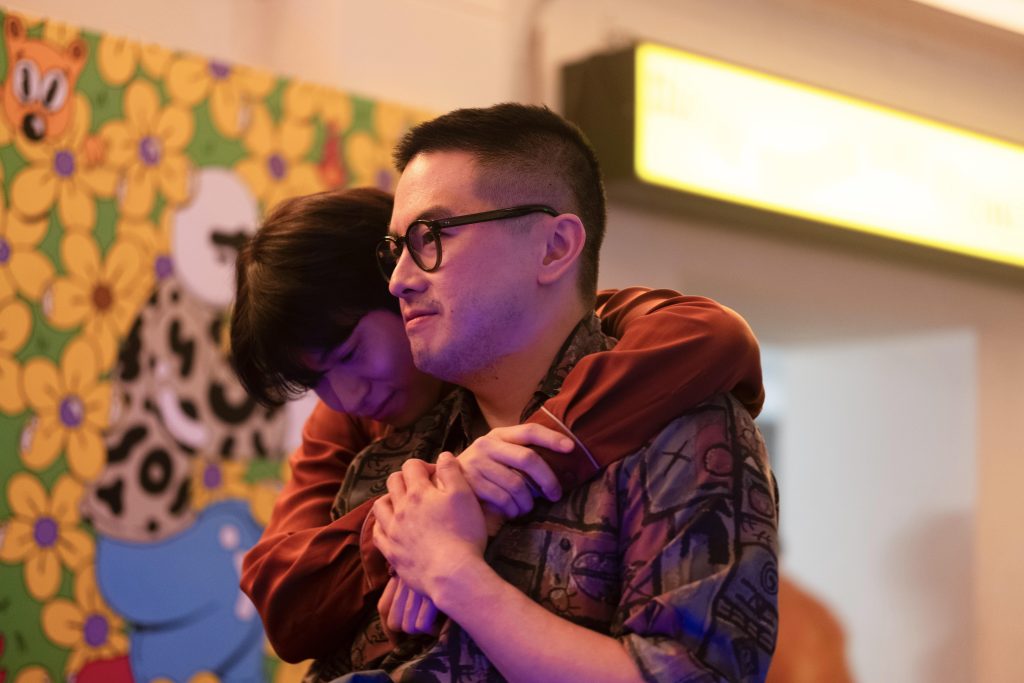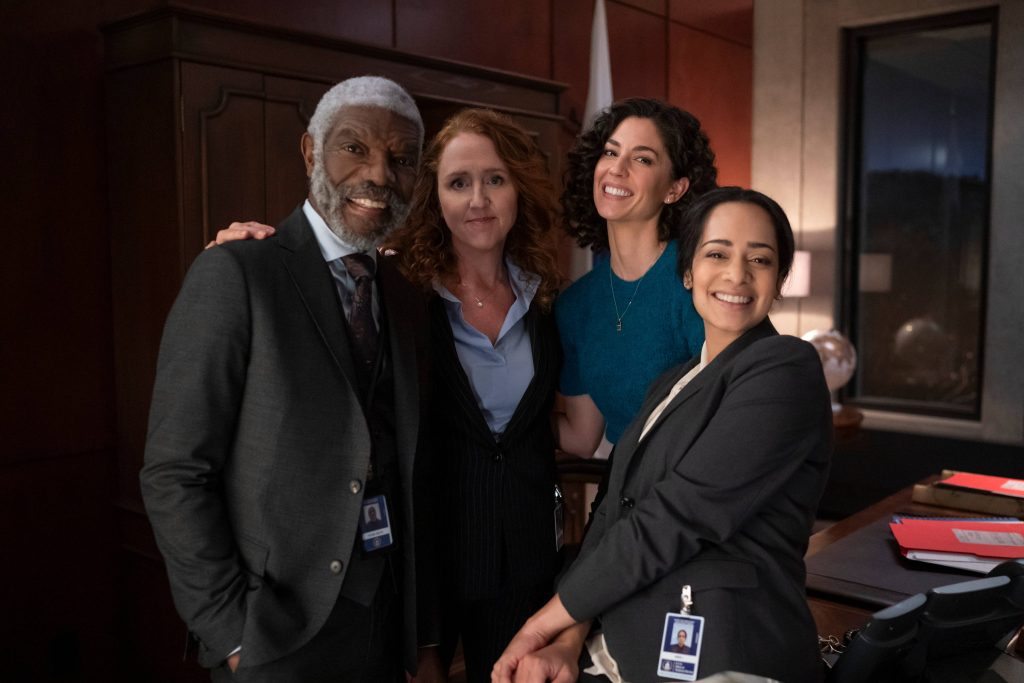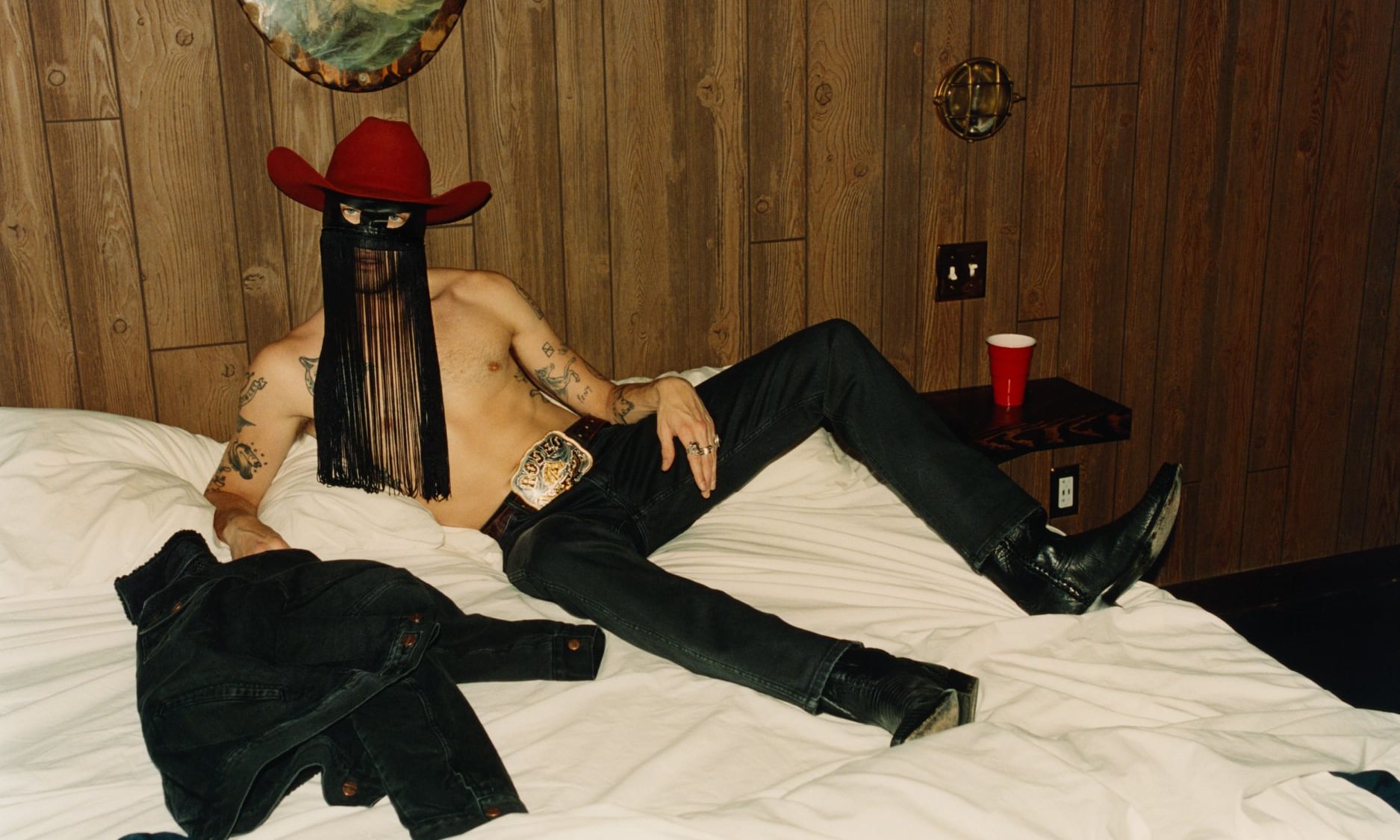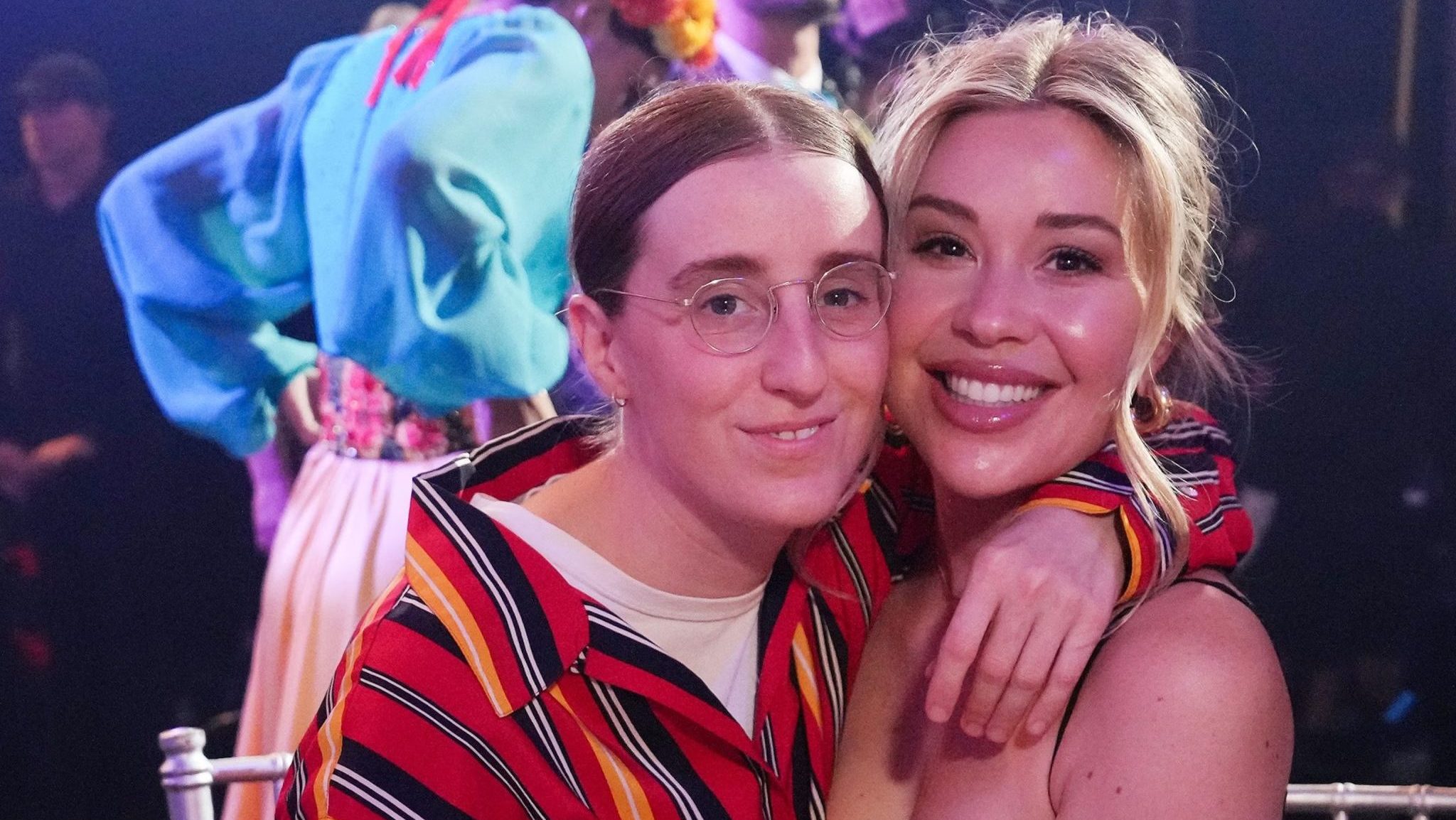Orville Peck, known for his haunting baritone voice, signature fringe mask, and genre-bending approach to country music, is stepping into a new spotlight — and leaving the mask behind. The enigmatic artist is currently starring as the Emcee in the Broadway revival of Cabaret at the Kit Kat Club in New York City, a limited engagement running through July 20, 2025.
While fans may know him best from his critically acclaimed music, including his 2024 duet album Stampede featuring Willie Nelson, Elton John, and Kylie Minogue, Peck is now revealing another side of himself: the trained stage actor. Many were surprised to learn of his musical theater background, but Cabaret marks a long-awaited return to the world of live performance that first sparked his love of storytelling.
“This has been a dream of mine — to do this show, to do this role,” Peck said in a recent interview with Out Magazine. “I just end up having the best time of my life every single time I’m out there.”
From Honky-Tonks to the Kit Kat Club
The Canadian-born singer, who debuted his masked persona in 2019 with Pony, has since cultivated a devoted fanbase with his emotionally resonant lyrics, queer visibility in country music, and stylized performances. His songs have appeared in HBO’s Euphoria and major fashion campaigns, solidifying his place as a crossover icon. Yet, behind the fringed mask was always a performer shaped by the stage.
“I grew up loving musicals,” Peck shared. “I started acting as a kid, and because I sang and danced, musical theater became a natural path.” He recalled watching the 1972 film version of Cabaret as a formative experience. “It was probably the first musical I ever saw. It had a darker tone, characters who were underdogs — it just spoke to me.”
Peck’s connection to Cabaret runs deep. “It’s my favorite musical of all time,” he said. “It’s a story full of complexity, of people who are ‘othered’ and trying to survive in a crumbling world. That always resonated with me.”
Stepping Into Darkness
Set in 1930s Berlin, Cabaret tells the story of a nightclub and its performers against the ominous rise of the Nazi Party. As the Emcee, Peck navigates the show’s transition from glittering excess to chilling political reality — a journey he finds particularly relevant today.
“There are more than a few parallels with the world right now,” he said. “It really made me think about how someone marginalized — someone queer, like the Emcee — could end up aligning with hate or power to feel safe or accepted.”
Peck pointed to the phenomenon of so-called “MAGA gays,” LGBTQ+ individuals who support anti-LGBTQ+ political movements, as a modern counterpart to his character’s journey. “It’s been a fascinating part of the process — understanding the psychology of choosing conformity or assimilation, even when it means turning on your own identity.”
In this revival, Peck brings a uniquely human perspective to a role that is often played as flamboyant or detached. “I didn’t want the Emcee to be a villain or just a metaphor,” he explained. “I wanted him to be someone you recognize. Someone who could be you — if you took a different path.”
The Physical Demands of Broadway
Performing in eight shows a week is no small feat, even for someone with Peck’s performance background. Now 37, he admitted the rigorous schedule has been a shock to the system.
“I haven’t done this in over 15 years,” he said. “I wake up sore every day. But honestly, the love I have for this role, for this show — it carries me through. Even when I’m about to do a second show in one day and feel like I’ve been hit by a bus, I get out there and it’s magic.”
Despite the intensity, Peck calls the experience “hard but easy — in the best way.”
Unmasking Vulnerability
Perhaps one of the most talked-about elements of Peck’s performance is his decision to appear on stage without his trademark mask — a symbolic shedding of persona that took emotional courage.
“It was never a question for me whether I’d wear the mask or not. I knew I wouldn’t,” he said. “But I started to feel nervous before opening night. It felt incredibly vulnerable.” Still, once he stepped on stage, the nerves faded. “I’m just so focused on telling this story. I don’t even think about the mask until the show is over.”
The reaction from audiences has been overwhelmingly positive — and surprised. “People didn’t know I had this kind of performance in me,” Peck said. “There was a lot of chatter about ‘stunt casting.’ But I approached this role with focus and integrity. People have responded to that.”
New Music on the Horizon
Despite his busy Broadway schedule, Peck is already back in the studio working on new music. Performing in Cabaret, he said, is reigniting his creativity and theatrical instincts.
“It’s reminding me of the freedom that comes from being brave enough to express yourself,” he said. “It’s definitely inspiring the new music.”
While he remained tight-lipped about the direction of his upcoming work, fans can expect his signature blend of drama, soul, and showmanship to carry through.
A Full-Circle Moment
Peck’s portrayal of the Emcee is more than just a role — it’s a homecoming. Years ago, he appeared in a different production of Cabaret as one of the Kit Kat Boys and even played the character in the iconic gorilla costume. “Now I get to dance with the gorilla,” he laughed. “It’s all come full circle.”
As he brings fresh depth and heart to one of Broadway’s most iconic characters, Orville Peck is once again proving that he’s not just a voice behind a mask — he’s a multifaceted artist unafraid to evolve, to challenge, and to bare it all.
For tickets and performance information, visit CabaretMusical.com. Orville Peck’s run in Cabaret continues through July 20, 2025, at the Kit Kat Club in New York City.


















